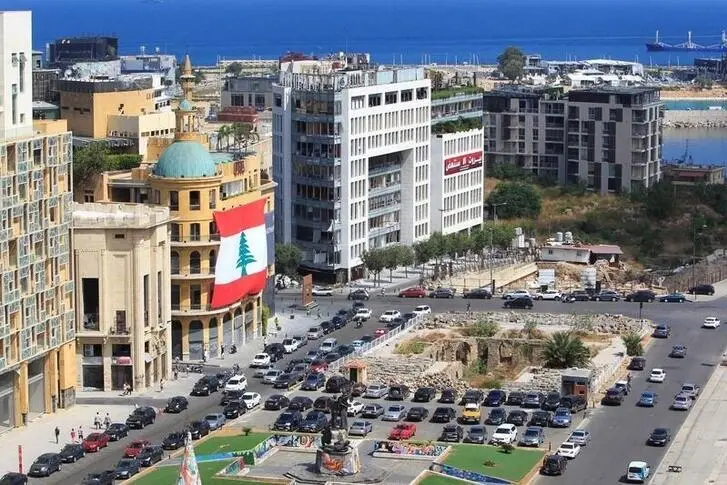PHOTO
Business conditions in Lebanon’s private sector deteriorated further in November as inflationary pressures eroded purchasing power, leading to a fall in demand and output, according to the latest Purchasing Managers’ Index (PMI).
The BLOM Lebanon PMI fell to a nine-month low of 46.1 in November, down from 46.6 in October, signaling a solid decline in the health of the private sector economy, although the latest reading was in in line with the series’ historical average.
Overall, the level of incoming new business fell at the quickest rate since February. There was also a steeper drop in new export orders due to domestic economic and political instability.
The dip in Lebanon’s PMI was due to multiple domestic and regional headwinds, said Aline Azzi, research analyst at BLOM Bank.
“The major events were highly political, but their impact is completely economic. Unforeseen rapid deterioration of Lebanese-Gulf relations and the political bickering following the clashes of Tayouneh and the ongoing judicial crisis, all led to worsening in economic conditions.”
Lebanon has been in a deep political and financial crisis since 2019 with its central bank having nearly depleted its dollar reserves, leading to shortages in the country which is dependent on imports. The crisis has pushed most of the population into poverty, while the local currency plummeted by over 90 percent against the US dollar.
“All that and yet the government is not taking responsibility for the most severe economic crisis in modern history,” said Azzi.
Due to the currency’s weakness, private sector firms recorded an increase in overall input costs in November, the PMI survey showed.
“To protect their margins, higher burdens were shared with clients, as firms hiked their selling charges in response. The rate of output charge inflation accelerated to a three-month high.”
As output fell firms reduced their employments levels, new export orders dropped at a rate that is the strongest since the start of the year.
The outlook for the coming 12 months remained strongly negative among survey respondents who expect economic and political instability to create further challenges for their businesses.
The PMI is based on data derived from indicators for new orders, output, employment, suppliers’ delivery times and stocks of purchases. Readings above 50.0 signal an improvement in business conditions on the previous month, while readings below that show a deterioration.
(Reporting by Brinda Darasha; editing by Cleofe Maceda)
Disclaimer: This article is provided for informational purposes only. The content does not provide tax, legal or investment advice or opinion regarding the suitability, value or profitability of any particular security, portfolio or investment strategy. Read our full disclaimer policy here.
© ZAWYA 2021





















